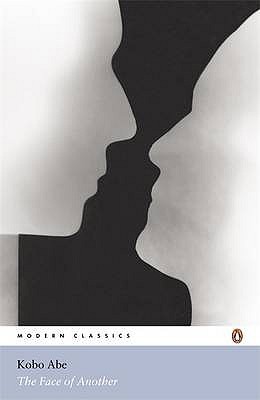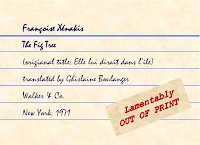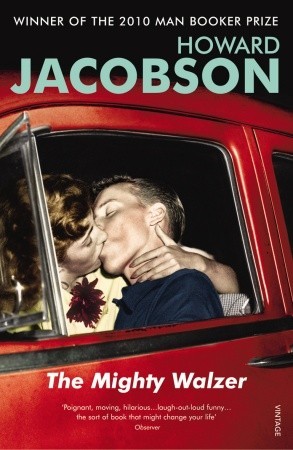Szeptember végén
(a könyvből Osszes költemények: 1847)
Még nyílnak a völgyben a kerti virágok,
Még zöldel a nyárfa az ablak előtt,
De látod amottan a téli világot?
Már hó takará el a bérci tetőt.
Még ifju szivemben a lángsugarú nyár
S még benne virít az egész kikelet,
De íme sötét hajam őszbe vegyűl már,
A tél dere már megüté fejemet.
Elhull a virág, eliramlik az élet...
Űlj, hitvesem, űlj az ölembe ide!
Ki most fejedet kebelemre tevéd le,
Holnap nem omolsz-e sirom fölibe?
Oh mondd: ha előbb halok el, tetemimre
Könnyezve borítasz-e szemfödelet?
S rábírhat-e majdan egy ifju szerelme,
Hogy elhagyod érte az én nevemet?
Ha eldobod egykor az özvegyi fátyolt,
Fejfámra sötét lobogóul akaszd,
Én feljövök érte a síri világból
Az éj közepén, s oda leviszem azt,
Letörleni véle könyűimet érted,
Ki könnyeden elfeledéd hivedet,
S e szív sebeit bekötözni, ki téged
Még akkor is, ott is, örökre szeret!
Koltó, 1847. Szeptember
Petőfi Sándor (1823-1849)
magyar költő, forradalmár, nemzeti hős
|
At the End of September
(From All Poems: 1847)
The garden flowers still blossom in the vale,
Before our house the poplars still are green;
But soon the mighty winter will prevail;
Snow is already in the mountains seen.
The summer sun's benign and warming ray
Still moves my youthful heart, now in its spring;
But lo! my hair shows signs of turning gray,
The wintry days thereto their color bring.
This life is short; too early fades the rose;
To sit here on my knee, my darling, come!
Wilt thou, who now dost on my breast repose,
Not kneel, perhaps, to morrow o'er my tomb?
O, tell me, if before thee I should die,
Wilt thou with broken heart weep o'er my bier?
Or will some youth efface my memory
And with his love dry up thy mournful tear?
If thou dost lay aside the widow's vail,
Pray hang it o'er my tomb. At midnight I
Shall rise, and, coming forth from death's dark vale,
Take it with me to where forgot I lie.
And wipe with it my ceaseless flowing tears,
Flowing for thee, who hast forgotten me;
And bind my bleeding heart which ever bears
Even then and there, the truest love for thee.
Koltó, September 1847
Alexander Petőfi (1823-1849)
Hungarian poet, revolutionary and national hero
Translated by William N. Loew
in: Gems From Petőfi and Other Hungarian Poets,
Paul O. D’Esterhazy, 29 Broad St., N.Y., 1881
|






























